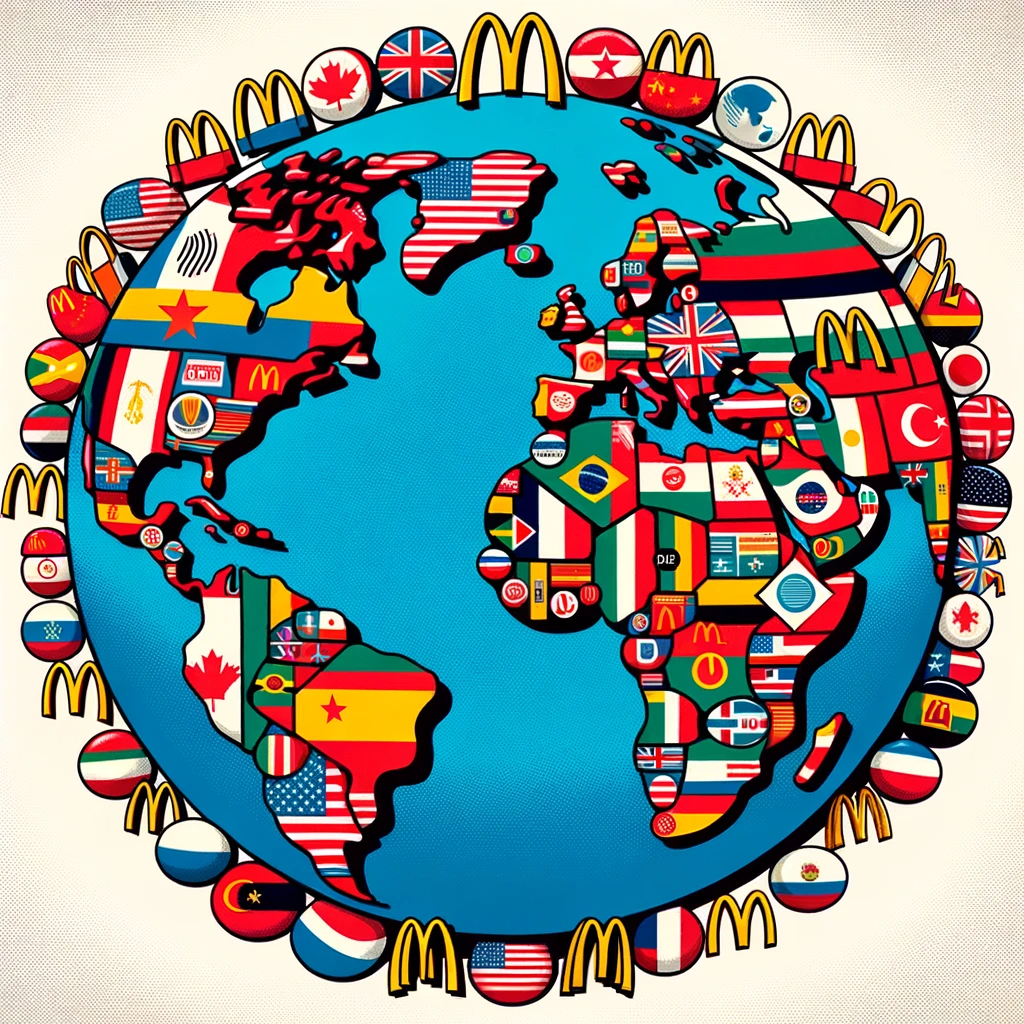
In the aftermath of the recent conflict between Israel and Hamas, McDonald’s franchises in Israel and across the Middle East have been propelled into the political spotlight. A McDonald’s franchise in Israel showcased its support for the Israel Defense Forces, offering meals to those involved in state defense. This gesture was met with a swift response from McDonald’s outlets in the Middle East, underlining the geopolitical sensitivities within the region.
McDonald’s branches in the Middle East hurriedly distanced themselves from the actions of the Israeli franchise, emphasizing their independence and differing political stances. Many branches expressed their support for Palestinian causes, showcasing a divergent political alignment within the McDonald’s global brand. This incident has unveiled the challenges global brands face when navigating political landscapes, especially in regions with ongoing geopolitical tensions.
The varying reactions among the McDonald’s franchises reflect a larger issue faced by global brands, who struggle to maintain a consistent brand message amidst diverse political views from their customer base. As geopolitical tensions continue to rise, multinational corporations find themselves at a crossroads, striving to balance between catering to local political sensitivities and maintaining a unified brand image. The unfolding events hint at a complex future awaiting global corporations as they navigate through the intricate web of geopolitics in different markets.



